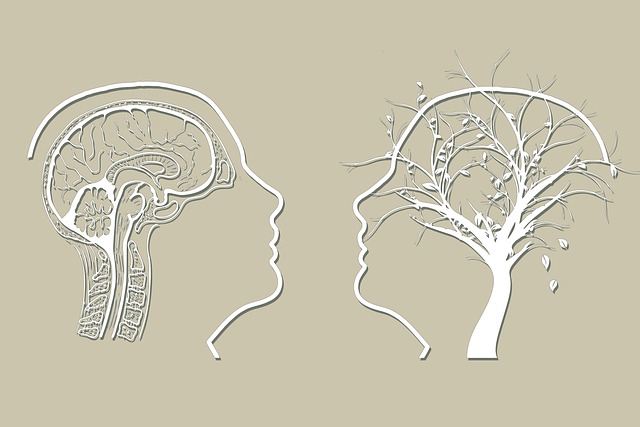Substance abuse in Littleton takes a toll on individuals and relationships, but specialized support from Littleton Relationship Issues Therapy (LRIT) offers hope. LRIT provides compassionate counseling, mindfulness meditation, trigger management, and improved communication skills to address the root causes of addiction, such as family dynamics or past traumas. By integrating counseling, support groups, public awareness, and mindfulness practices, LRIT promotes emotional stability, healthy coping mechanisms, and stress management, reducing substance abuse risk within communities. Through empowering clients with healthier coping strategies, LRIT significantly lowers relapse chances and improves mental well-being.
Substance abuse poses significant risks not just to individuals but also to their relationships. Understanding the profound impact it has on social connections is crucial for developing effective risk reduction strategies. This article explores a comprehensive approach to mitigating substance abuse risks, highlighting the pivotal role of Littleton Relationship Issues Therapy in prevention. By delving into these strategies, we aim to empower individuals and communities to foster healthier, stronger bonds through therapy and proactive measures.
- Understanding Substance Abuse and Its Impact on Relationships
- Strategies for Risk Reduction: A Comprehensive Approach
- The Role of Littleton Relationship Issues Therapy in Preventing Substance Abuse
Understanding Substance Abuse and Its Impact on Relationships

Substance abuse can have a profound effect on individuals and their relationships. It often leads to a cycle of loneliness, isolation, and conflict, exacerbating existing Littleton relationship issues. When someone struggles with substance abuse, it can create an emotional distance between them and their loved ones, leading to broken trust, financial strain, and legal problems. These challenges can further deteriorate mental wellness, fostering a sense of hopelessness and increasing the risk of relationship breakdown.
Therapy plays a crucial role in addressing these issues. Littleton Relationship Issues Therapy offers specialized support for individuals and couples dealing with substance abuse. Through compassionate cultivation practices and mindfulness meditation, clients learn to manage their triggers, develop healthier coping mechanisms, and improve communication skills. Mental wellness coaching programs can also guide individuals towards personal growth, self-care, and maintaining sobriety while nurturing relationships.
Strategies for Risk Reduction: A Comprehensive Approach

A comprehensive approach to risk reduction for substance abuse involves a multifaceted strategy that addresses the root causes and underlying conditions. By integrating various interventions, such as counseling, support groups, and public awareness campaigns, individuals can be empowered to make healthier choices. For instance, Littleton Relationship Issues Therapy offers specialized programs tailored to address family dynamics and interpersonal relationships, which are often significant factors in substance abuse. This therapeutic approach not only helps individuals heal from past traumas but also fosters healthy coping mechanisms.
Additionally, the development of public awareness campaigns plays a crucial role in educating communities about the dangers of substance abuse. Promoting initiatives like Mood Management and Mindfulness Meditation can help individuals develop inner resilience and emotional stability, reducing the risk of turning to substances as a coping mechanism. These practices encourage better stress management, enhancing overall well-being and mental fortitude.
The Role of Littleton Relationship Issues Therapy in Preventing Substance Abuse

Littleton Relationship Issues Therapy (LRIT) plays a pivotal role in risk reduction strategies for substance abuse by addressing underlying emotional and relational problems that often contribute to drug or alcohol dependency. This therapeutic approach recognizes that many individuals turn to substances as a coping mechanism to deal with stress, trauma, or unresolved conflicts in their personal relationships. LRIT focuses on enhancing communication skills, resolving conflict patterns, and building empathy, which are essential elements for maintaining healthy connections. By helping clients identify and change destructive relationship dynamics, this therapy can significantly reduce the likelihood of substance abuse relapses.
For mental health professionals conducting risk assessments, incorporating Empathy Building Strategies into their practice alongside Burnout Prevention techniques is crucial. These strategies facilitate a deeper understanding of clients’ struggles, fostering an environment of trust and support that encourages open dialogue about substance misuse. Through LRIT, therapists can empower individuals to develop healthier coping mechanisms, leading to improved mental well-being and reduced risks associated with substance abuse.
Substance abuse is a complex issue that not only affects individuals but also has a profound impact on relationships. By understanding the root causes and implementing comprehensive risk reduction strategies, such as those offered by Littleton Relationship Issues Therapy, we can effectively prevent and mitigate this challenge. This holistic approach combines education, support, and evidence-based techniques to empower individuals and strengthen their connections, fostering healthier lifestyles and more robust bonds.












